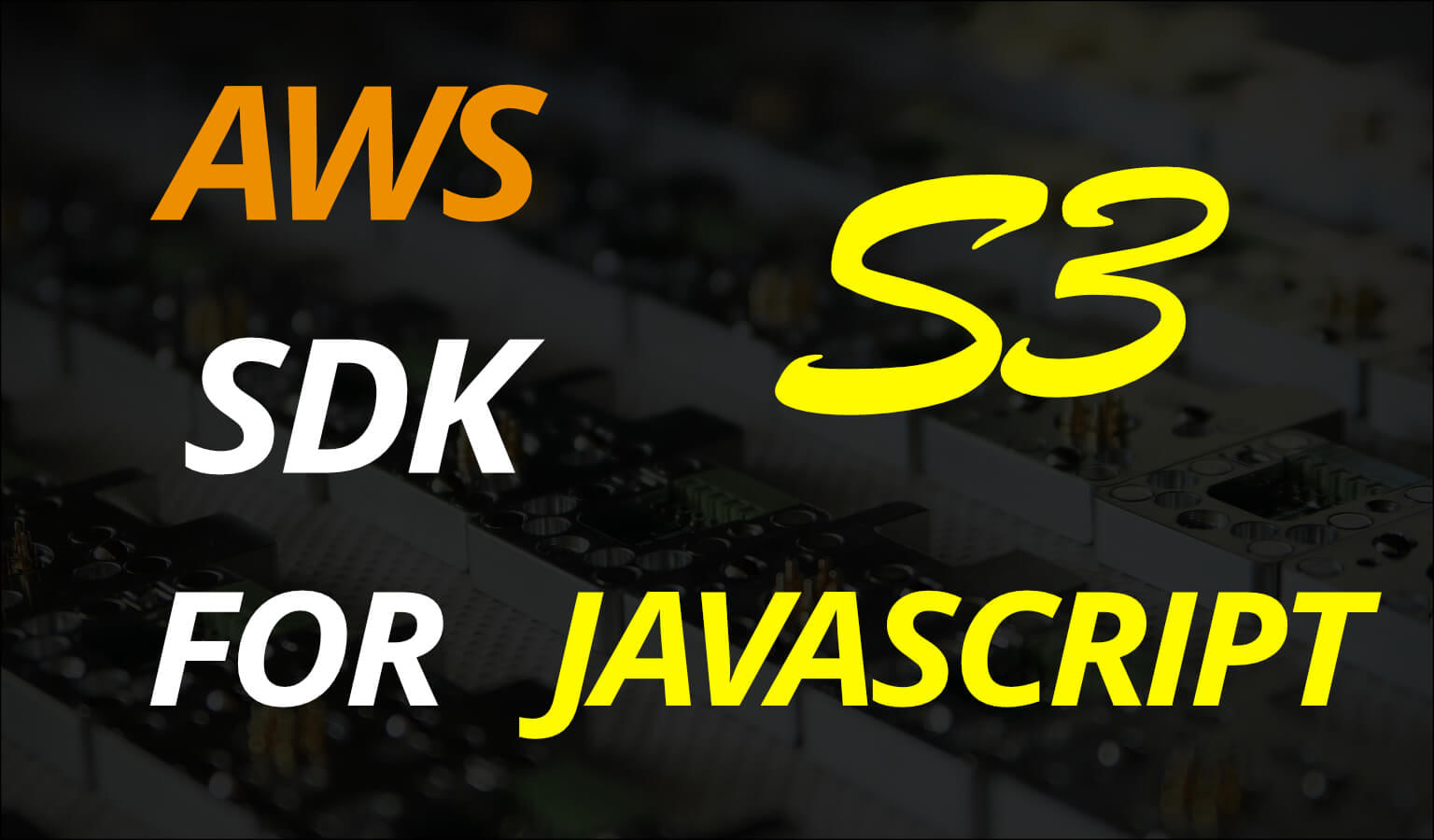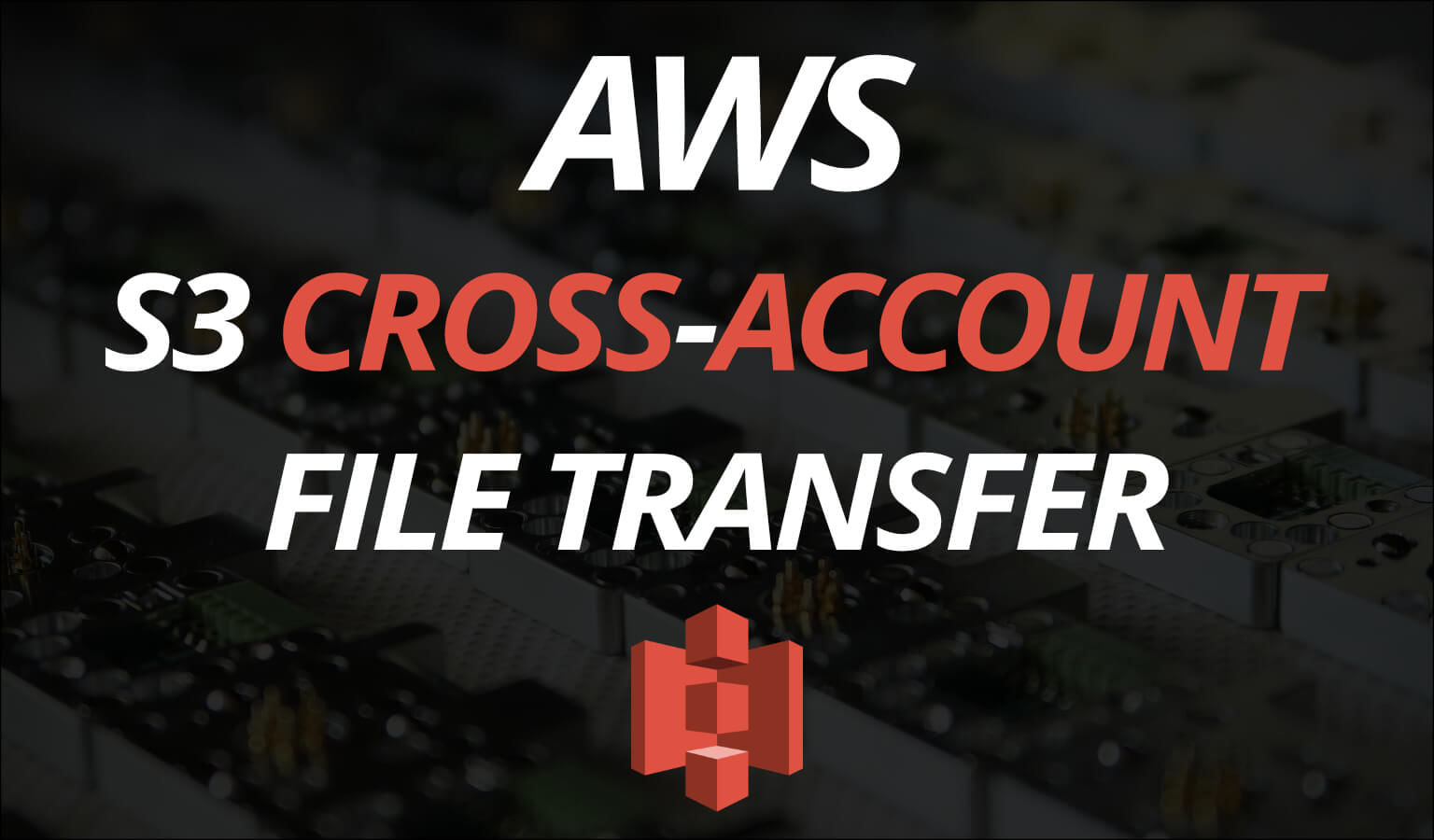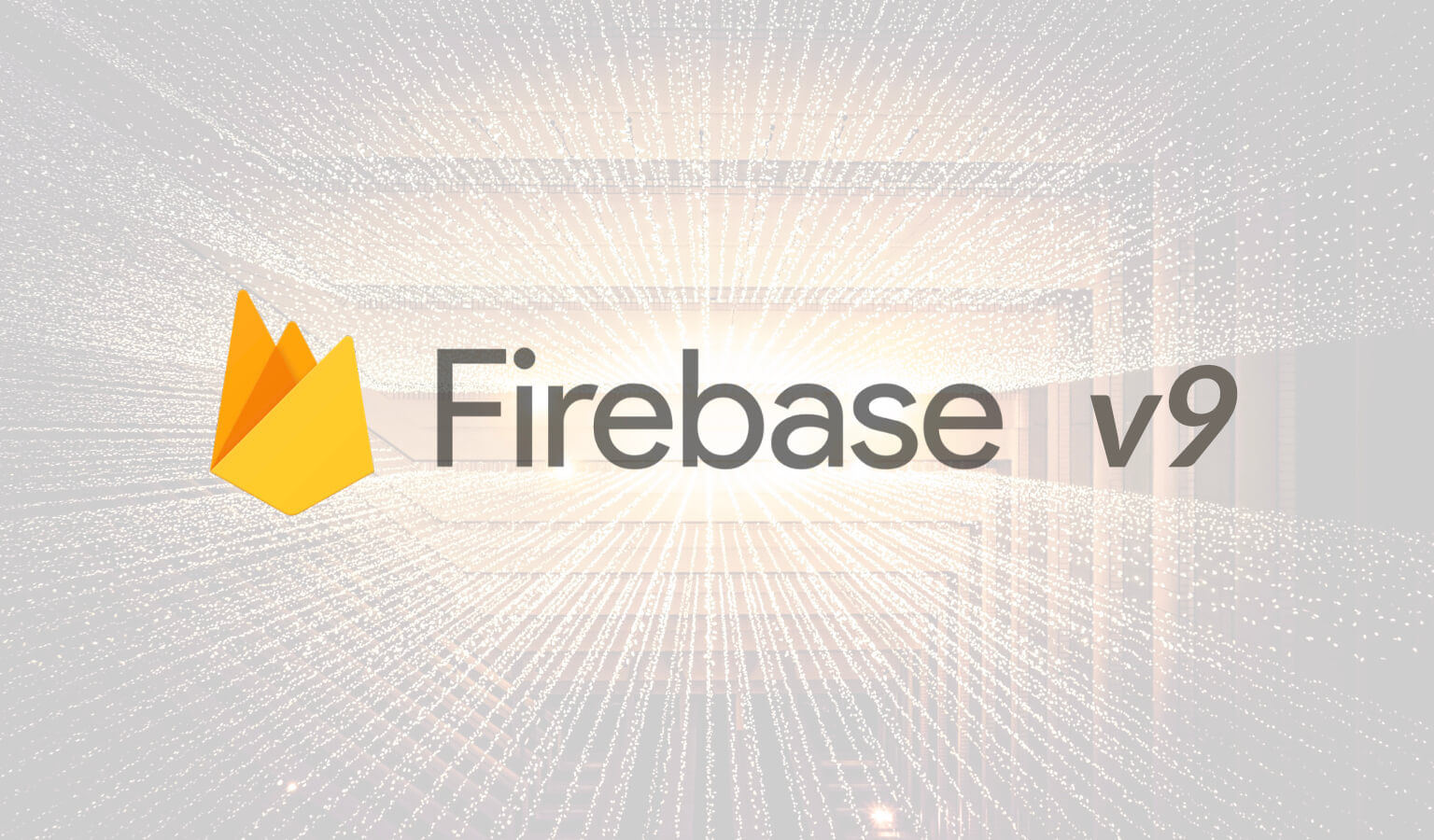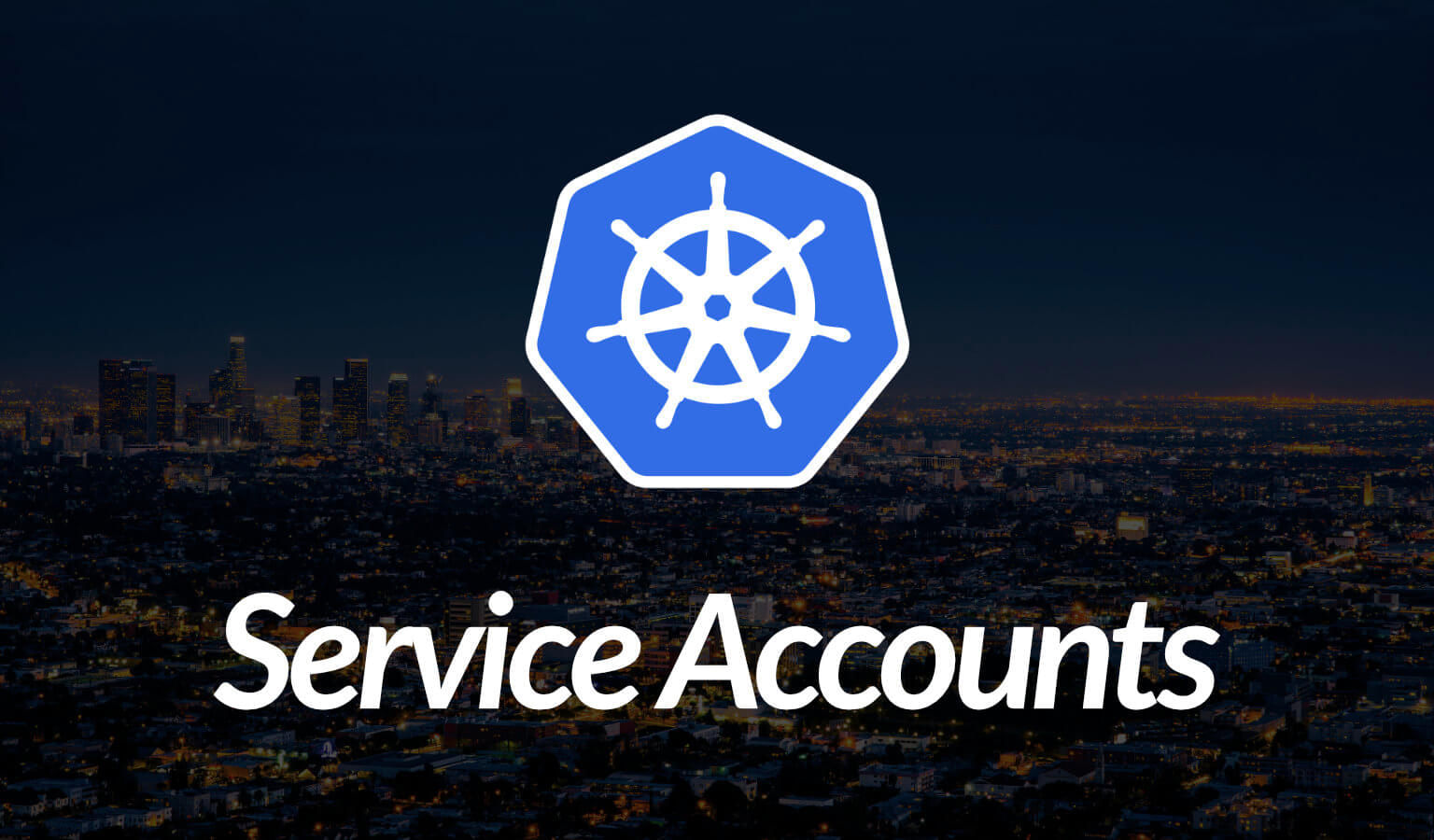In the post, I want to talk about it given my experience with getting a few certifications, as well as being in the industry for the past 7 years.
I’ll give 3 reasons why I think self-taught developers and DevOps engineers SHOULD get certified, offer my suggestions for courses and paths, and end with a few warnings.
Watch the Video? Audio?
Before we get started, if you prefer video, give this a whirl.
Or audio? Here, consume it:
{{< audio “13s1pwgpWZAbpwYgaFa_MgdxiKGOILCtX” >}}
Mentioned recommendations:
- AWS Cloud Practitioner Course
- AWS Solutions Architect Course
- Azure AZ-900 Course
- Azure AZ-104 Cousre
- Google Course
Pass the AWS Cert Video - https://youtu.be/sguo6-Xbk3I
Pass the Azure 104 Video - https://youtu.be/YEKzldQ9N98
Otherwise, continue reading.
Why Self-Taught Developers SHOULD Get Certified
In this article, we’re talking IT certifications. So think cloud certifications, network certifications, cybersecurity Kubernetes, etc.
Are they worth it?
Will they help you in your career?
Will they help you land that first job?
I’m writing this post because I have recommended in the past that anybody getting into tech should get some cloud certification of some sorts. That’s always been a recommendation from me.
But there’s a lot of hate out there from experienced software engineers and IT professionals regarding certifications.
And I kind of get it because those people have been in the industry for 10, 15, 20, 25 years. They know everything. They’re very good. And then they see these brand new developers of like six months, one year, two years, getting certified and thinking they know everything.
So I kind of get that, but I don’t really come to the same conclusion. Their argument is that certifications are meaningless because you can basically just learn the answers. So you learn the answers to pass the certification, but you don’t really know the stuff. When you get out there in the real world, what do you do? You don’t know your stuff.
It doesn’t prove anything.
It doesn’t give you any real world experience.
I get it, but I disagree.
While some of that may be true, that’s not true for us, right?
Let me give three quick reasons why that’s not the case for most self taught developers, and then I’m going to recommend how to get certified and what path to take in doing so.
1. Because as a self taught developer, you just don't have any other sort of credibility.
You don’t have a computer science degree.
You don’t have a degree to back up your knowledge.
And I say you don’t have any credibility because a large majority of my viewers are just learning to code or in the process of trying to land that first job.
When you’re self taught, you don’t have any real world experience. You don’t have anybody to say, “This guy did great work at my company.”
You don’t have past experience on your resume.
You just have a GitHub repo, a head full of knowledge, and the desire for somebody to give you a chance to prove it.
But getting a standardized certification in a major cloud or service of some sort not only shows a potential employer that you’re serious about your pursuit, but it gives you something official to show in regards to your knowledge. It gives you some credentials.
So you have all this potential that they’re going to take a chance on and then you’ll be able to prove it.
But on top of that, you have a standard certificate. You have AWS or Azure or Google or somebody like that saying, hey, this guy learned enough to get certified in this cloud or in networking or in cybersecurity.
When you’re trying to land your first one and you’re self taught, you got to take what you can get, you got to do what you can.
And I think a certification can only help.
2. It can greatly accelerate your learning and it could fill gaps that you didn't know that you have.
Take AWS, for example. You not only learn cloud computing and AWS services, but you learn about networking. So VPCs and Subnets and IP ranges, you learn about queues and CLIs and access management, that’s a lot.
And those are concepts you probably wouldn’t learn in a self-taught route.
Think about the Security+ certification. That’s totally out of the realm of typical programmer’s day to day activities.
If you got a Security+ certification, you would be learning many things you would otherwise have no clue about. And all of those things would make you more well-rounded to be not only a developer, but a secure developer that understands the security side of things.
3. It shows your drive.
If a company says, this guy’s self taught, he’s going to come in and show me what he’s got, they’re going to look at what you’ve learned. They’re going to check out your GitHub repo.
You might show them that you know your stuff, but they’re also going to see that you went out of your way to get certified. And every little bit helps in those early stages, showing that motivation, that desire to learn is big with companies.
It lets them know that you’re eager to learn new things and that you’re a teachable person, that you’re passionate about the industry and that you’ve taken the initiative to learn these things.
We as self-taught developers don’t have degrees. We didn’t do internships. Many of us are like 30, 35 going on 40.
We don’t have a lot of weight on our side helping us here. We got to do what we can.
So experienced developers, I understand their concern. But you got to get your foot in the door. You got to grow, and certifications will help you with that.
They can’t hurt you. If you apply for a company and their IT manager also has the thought that he hates certifications. It can’t hurt you. They’re not NOT going to hire you because you’re certified. It just won’t help you. But it can’t hurt you.
And you need everything you can to help you in this pursuit.
What Certifications and Courses Should I Take?
All right, so next, what certifications should you get? So I recommend, I always have recommended in my videos that the first certification that you get is one major cloud certification.
Because everybody’s in the cloud, every job application out there requires knowledge in one of the major clouds.
Amazon, Microsoft Azure, Google Cloud, pick one. Doesn’t matter.
I got certified in AWS and Azure because I worked in both and I wanted to learn both. I haven’t done much in Google, but you can go with that as well.
But here’s the thing, you got to be careful what certification you choose, because each cloud has like an intro certification, and then they have their first legit certification. You want to make sure you’re getting the legit certification.
Here’s what I mean by that:
So AWS has a cloud practitioner certification. It’s kind of an intro to the cloud. It’s a super basic course. If you don’t know anything about the cloud, it’s probably wise to do this. You don’t have to get certified in it, but maybe just do the course.
But that’s not your ultimate goal.
Your ultimate goal needs to be one of these associate certifications.
So I would recommend the AWS Certified Solutions Architect Associate.
That’s the first, in my opinion, legit certification, not the cloud practitioner. You can do it, but the Solutions Architect Associate is not an easy certification. And it shows that you’ve done your work.
And Microsoft Azure basically has the same thing. They have an exam called the AZ 900, which is like the intro to the Azure cloud. It’s the equivalent of the AWS Cloud practitioner. You can take it, nothing wrong with that. But the ultimate goal is the associate level exam, which is the AZ 104 Microsoft Administrator certification exam.
So you can do AWS, you can do Microsoft Azure. And GCP has the same thing. They have their associate certification. So I would recommend that you do one of those first.
So that would be the first certification that I would recommend because it’s in demand and everybody’s in the cloud.
So how do you learn this material? What do you need to study? Well, I’ve done a video on AWS and on Azure.
So when I got certified, I immediately went and did a video on, here’s the exact steps that I took. Here’s the courses that I took, the practice tests, everything.
And I also did one on Azure. Here’s the steps that I took to study and prepare for the Azure. And I passed them both. I didn’t fail them.
Here are links to those videos:
You can check those out if you’re planning to take those certifications.
But as for what content to watch, I recommend starting with Udemy. So whether it’s AWS, Azure or GCP, Udemy’s got you covered, and the links above will show you which courses.
Now, as for some other options that you can take, I mentioned the CompTIA Security+. For this I would recommend the Udemy course by Jason Dion. It's the one I took when I did my Security+. I had to get certified in the Security+ for one of my jobs, and it was a very well rounded certification.
It covers topics like malware, security applications, mobile device security, hardening, supply chain management, virtualization, network design, cloud security, cryptography, hashing, public key infrastructure, all kind of stuff you wouldn’t really learn in a traditional developer route. So that’s another good certification.
And CompTIA has some other ones lke the A+ which is like learning computer basics.
They have the Cloud+ which is a generic Cloud certification.
They have the Cybersecurity+, Linux+, Network+, PenTest+, lots of helpful certifications there as well.
It just depends on where your interests are, what route you want to take in this vast IT field.
And then there’s some other great ones like the CCNA for networking and things like that.
But I would recommend starting out with a cloud certification. Then you can move on to some CompTIA stuff. Networking.
Wherever you want to go from there. If you want to get into Kubernetes and Docker. Kubernetes has the CKA. But it’s going to be hard.
And then another certification that I think is meaningful, that you may disagree with, is the HashiCorp TerraForm certification. If you look at the job applications that are out there, probably 60% of them have TerraForm experience on it. Especially if you’re getting into DevOps or SRE work.
So that would be another good one. The TerraForm certification. It’s the HashiCorp associate certification.
Three Warnings: Take Heed!
Now, before I end this video, I have to give two warnings because people are going to yell at me if I don’t. So let me give you two warnings.
1. Don't let these certifications puff you up
This is why the 15, 20, 25 years of experience, IT professionals hate it because you get this certification and then it puffs you up.
You think you’re amazing, but you still have a long way to go.
Don’t let it puff you up.
Let it help you accelerate the beginning of your career and get you where you want to be.
And don’t let it go to your head. Remember, there are lots of people out there that have these certifications just like you. You’re not the only one.
2. Don't get carried away with certifications
They are a means to an end.
It’s not something you just want to keep accumulating for principal.
I’m looking at you 15x AWS certified people!!
Get the associate, get the professional, get the security. That’s fine.
But make sure it’s helping you in your job and it’s getting you to where you want to be and you’re not just getting them just to get them.
So don’t let it go to your head. And don’t get carried away with them.
But I think they will help you in your career. I am pro certifications. Sometimes you just need to tune some people out. Stay focused. Do what it takes to land the job and grow in your career.
3. Make sure you're actually learning the stuff in the certification
The accusations are that we’re just learning the answers and we’re able to get the certification by hid knowledge and not really understanding how the cloud works.
So I can take the course, learn the answers to everything, do a bunch of practice tests and pass the certification. And that’s sort of true. You can do that? To an extent.
But when you do these certifications, when you’re learning, make sure you get hands on and that you spend lots of time understanding the networking and the services and build out all of this infrastructure yourself.
I think AWS gives you a free tier for like, a year.
You can deploy all the free tier stuff at no cost. So make sure you’re deploying everything you’re doing it hands on and that you really understand what you’re learning. That way the accusations won’t be true. A
n example of this is if you do Azure and you do the Udemy course, you do some practice tests. Make sure you also go to the Microsoft Learn site because they have a lot of practical projects for you. They have a GitHub repo and they give you challenges. They tell you to go out and deploy this and make such and such changes.
Do this yourself so don’t cut the corners.
Do the work so that when you get certified and somebody goes, “Hey, Travis is certified, he can do it,” that you can actually do it.
Discussion
What are your thoughts? What certifications are important to you? Let's discuss below.This page may contain affiliate links. Please see my affiliate disclaimer for more info.



